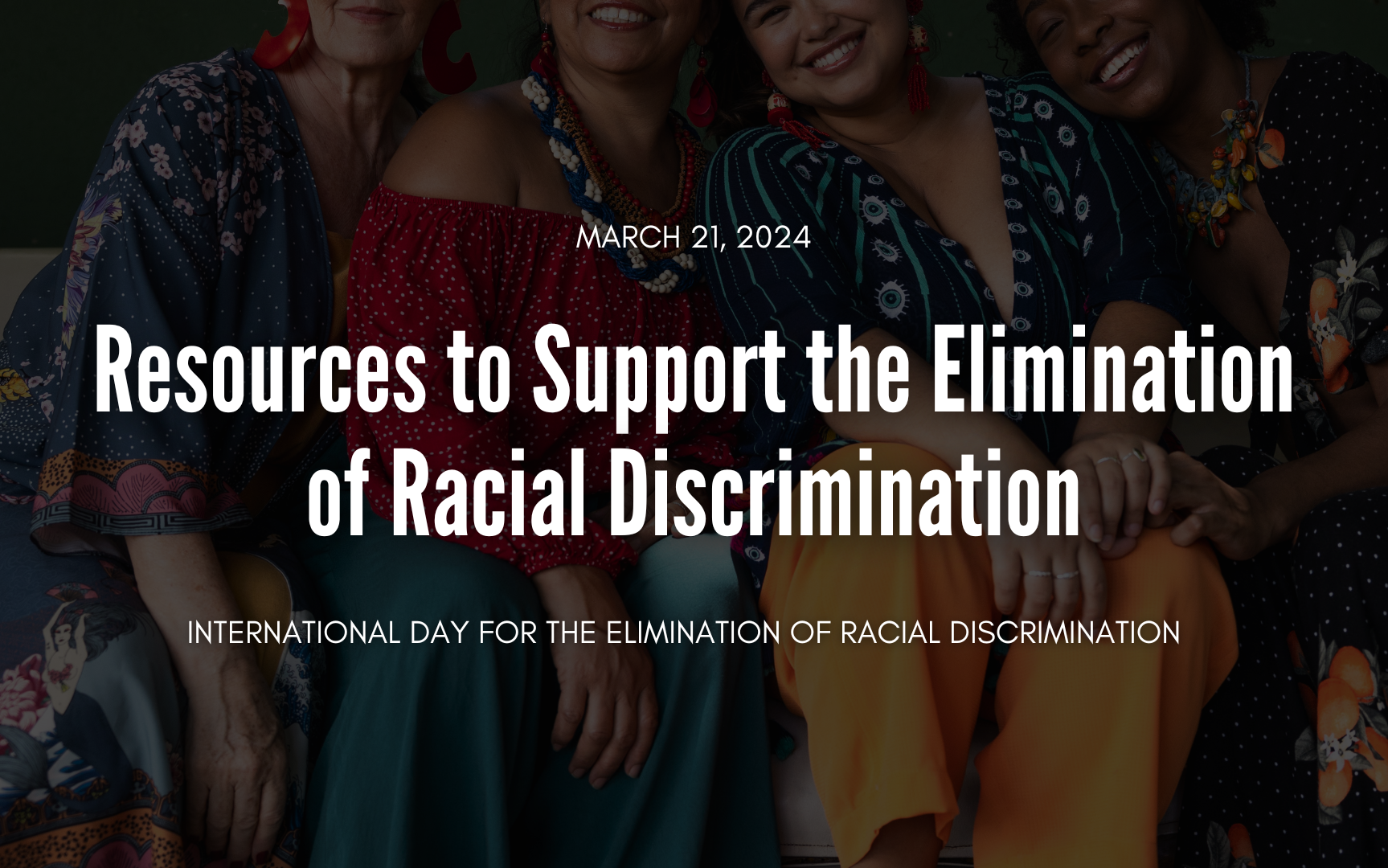
On this significant day, March 21st, as we commemorate the International Day for the Elimination of Racial Discrimination, we reflect on the interconnectedness of global struggles against racial injustice. The tragic events of the 1960 Sharpeville Massacre in South Africa, where the police opened fire on hundreds of South Africans protesting Apartheid’s passbook laws, killing 67 and wounding 186, serve as a stark reminder of the devastating impact of systemic racism and oppression.
Despite the geographical distance, the repercussions of such acts resonate profoundly even here in Canada. It’s imperative to recognize that the apartheid laws enforced by the South African government were not isolated policies but were, in fact, influenced by colonial practices implemented in Canada. The reserve system, pass system, and Indian Act—tools of colonial control and oppression—served as blueprints for apartheid legislation, illustrating the transnational nature of racial discrimination.
Canada’s own history is marred by settler-colonial genocide, the enslavement of Black individuals, and discriminatory treatment of migrants. These injustices underscore the pervasive and enduring nature of racial discrimination within our society. By acknowledging the connections between global and local struggles against racism, we reaffirm our commitment to dismantling systemic oppression in all its forms.
As we observe this day and continue our work at BWSS (Battered Women’s Support Services) and in our daily lives, let us honour the memory of those who have suffered and perished due to racial discrimination. Let us stand in solidarity with all those fighting against racism and injustice, striving to create a more equitable and inclusive world for future generations.
Why our Anti-Violence Work is Centered Around Anti-Racist Practice
The founding women at BWSS understood that gender-based violence does not only involve individual acts in isolation, but it’s deeply rooted in systemic structures that perpetuate oppression based on race, ability, citizenship, sexuality, and more.
To effectively end gender-based violence, we must simultaneously support individuals while taking action at the root of the cause by dismantling racism and all structural oppression. Individual acts and systemic structures cannot be separated from one another.
This is why our work to ending gender-based violence is grounded in an intersectional, anti-racist, decolonial, and feminist perspective.
Addressing the intersection of gender-based violence and racism presents significant challenges, yet it is a necessary endeavor in our commitment to justice and equity at BWSS.
We recognize that racialized survivors of gender-based violence often face systemic barriers in accessing support and services. Systemic racism shapes our understanding of gender-based violence, perpetuates harmful narratives such as the “perfect victim” stereotype, and reinforces exclusions within anti-violence programs and services. This reality is further compounded for Indigenous women, whose experiences are often overlooked by mainstream gender-based analyses, as highlighted by the Native Women’s Association of Canada.
This means that survivors of gender-based violence who are racialized often face exclusion from essential institutional supports and services, hindering their access to justice and healing.
According to our “Colour of Violence: Race, Gender & Anti-Violence Services” report, a staggering 78 percent of racialized survivors whom we surveyed said they felt never comfortable, almost never comfortable, or only sometimes comfortable contacting anti-violence services after experiencing gender-based violence. These survivors often found informal networks of friends and family to be more supportive, with the police system being identified as the least helpful anti-violence response.
Indigenous, Black, newcomer immigrant/refugee, and racialized survivors encounter significant barriers to accessing justice when they experience gender-based violence. These barriers include limited access to culturally safe services, distrust of the legal system and other state institutions, and being marginalized or disbelieved. Moreover, Indigenous, Black, and newcomer immigrant/refugee survivors face heightened obstacles, including the risk of being criminalized for reporting violence, separation from their children, or deportation.
At BWSS, we’ve consistently observed that an overemphasis on a criminal justice response to gender-based violence, while neglecting underlying social structures, can inadvertently reinforce systemic oppression.
The conventional model of intimate partner violence service provision, largely shaped by a white, able-bodied, heterosexual, middle-class perspective, is often encouraged to diversify by adding multicultural components. However, true inclusivity requires a fundamental shift away from the perspective from which anti-violence services were historically developed.
In our commitment at BWSS, we know that safety changes everything. We are driven by the imperative to dismantle racism and recognize the vital importance of centering Indigenous, Black, newcomer immigrant/refugee, and racialized survivors in our anti-violence efforts.
Resource Spotlight for the International Day for the Elimination of Racial Discrimination
Last year, BWSS launched the Gender Equity Learning and Knowledge Exchange, serving as a centralized hub housing over 300 resources addressing Gender-Based Violence sourced from organizations throughout British Columbia, alongside significant national and international contributions.
Today, to commemorate the International Day for the Elimination of Racial Discrimination, we are spotlighting 10 resources from the Gender Equity Learning and Knowledge Exchange.




